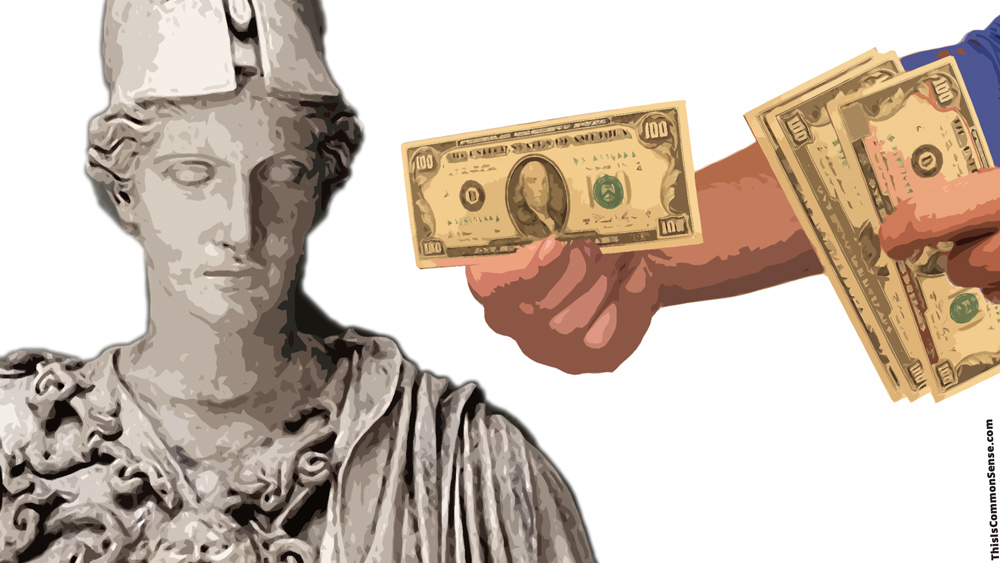There are few things more foolish than turning the Department of Education into a bank.
“Congress never set up the U.S. Department of Education to be a bank, nor did it define the secretary of education as the nation’s ‘top banker,’” said Betsy DeVos, Trump’s controversial Department of Education secretary, at an annual education conference in Reno. “But that’s effectively what Congress expects based on its policies.”
Secretary DeVos “recommended that Federal Student Aid (FSA) — the nation’s largest provider of financial aid — be spun off from the Education Department so student loans can be better managed and administered,” Forbes summarizes.
The FSA is a bank, but not a very good one. It makes bad bets, which Mrs. DeVos tries to make clear by asking a few rhetorical questions:
- “Is it any surprise . . . that both principal and interest are currently being paid down for only one in four loans?
- “Nearly 11 million borrowers have loans that are delinquent or in default?
- “And 43 percent of all loans are considered ‘in distress’?”
Even worse, the loans amount to an especially cumbersome form of subsidy, one that has corrupted the university system, misallocated higher education resources and inflated tuitions, and sunk generations into debt.
While DeVos’s reforms might possibly be an improvement, what if the troubles associated with the federal government’s student loan programs are not the result of how they are managed, but that the federal government is involved at all?
Centralizing consumer credit in specialized Congress-created lending institutions (Fannie Mae and Freddie Mac) was at the heart of last decade’s massive financial crisis. Shouldn’t a major banking reform focus on avoiding the moral hazards involved in government-run credit and subsidies?
DeVos’s plan doesn’t strike me as educated on this angle.
This is Common Sense. I’m Paul Jacob.

—
See all recent commentary
(simplified and organized)


